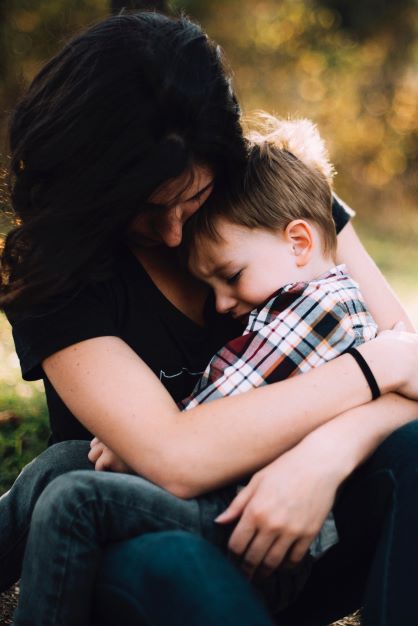The news out of Uvalde, Texas, where an 18-year-old man gunned down 19 innocent children and two adults and left several critically injured at an elementary school, has left many parents and caregivers wondering how to talk to their children about their safety.
“This tragic event is heartbreaking and terrifying for parents everywhere,” said Georgetown child psychiatrist Matthew Biel, MD. “The frequency of gun violence in schools is overwhelming and infuriating, and we need public policy responses that better protect our schools and children.”
Biel is a professor of psychiatry at Georgetown University School of Medicine and vice-chair and chief of child and adolescent psychiatry at MedStar Georgetown University Hospital. He offers the following guidance for parents and caregivers:
- Parents should talk to their children about this event — the ubiquity of news coverage about the event and the ready access of children to social media and other forms of digital media mean that children will learn about this tragedy, and it is preferable for children to learn from their parents in a manner that is developmentally appropriate.
- Parents should present the basic facts of what happened and give space for children to ask questions. Answer the questions honestly and directly and in an age-appropriate manner. It’s very reasonable to say “I don’t know” — for example, if children ask, “Why did this happen?”
- Children will weather these events best if the adults in their lives are able to manage their own emotional reactions. Parents can express their own feelings of shock and sadness to their children but do so in a controlled and measured way. Parents should share their deeper, rawer feelings with their significant other, family, or friends. Try to maintain composure and calm with children. If parents are experiencing ongoing feelings of intense sadness, grief, or other emotional distress, seek professional support.
- While these events happen all too often and have affected thousands of children across the country over the last two decades, parents need to remember that schools are generally very safe places and that schools and communities can work together to optimize the safety of their children.
- The sense of exhaustion and terror is normal for adults, but our kids don’t necessarily have that same cumulative exhaustion and terror as us — they weren’t here for Sandy Hook.
For additional information on how to talk to children about tragic events, Dr. Biel suggests exploring the Child Mind Institute website.
Story Credit:
Photo Credit: Jordan Whitt/Unsplash



































